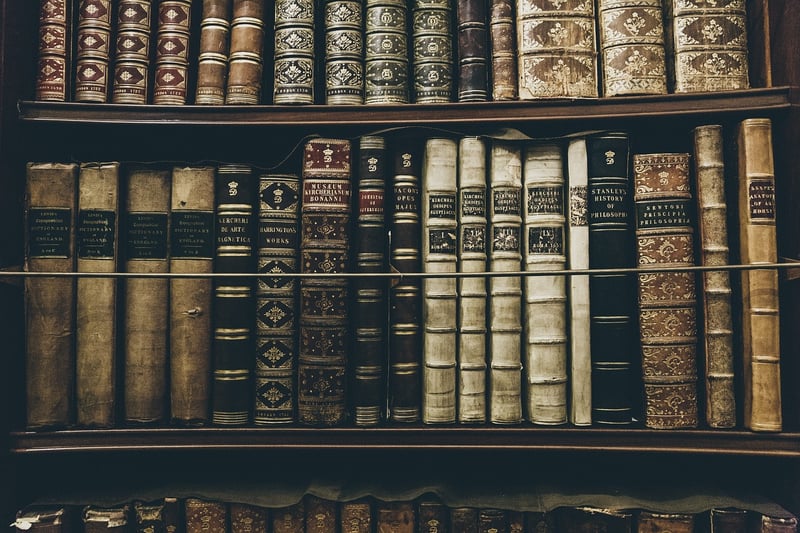Altering History
The Risks and Consequences of Altering History
History is a delicate tapestry woven from the threads of past events, decisions, and outcomes. It serves as a roadmap of where we have been and how we got to where we are today. However, the idea of altering history, whether through intentional manipulation or inadvertent changes, poses significant risks and consequences that can reverberate through time.
The Risks of Altering History
1. Distortion of Truth: Changing historical records can lead to a distorted version of reality, blurring the lines between fact and fiction. This can impact our understanding of the past and shape our future decisions based on false premises.
2. Loss of Cultural Heritage: History is not just a series of events but a reflection of diverse cultures, traditions, and identities. Altering history can erase or diminish the rich tapestry of human experiences that make up our collective heritage.
3. Unintended Consequences: A seemingly small alteration in history can have far-reaching consequences that are impossible to predict. What may seem like a minor change could lead to significant shifts in the course of events with unforeseen outcomes.
The Consequences of Altering History
1. Butterfly Effect: The concept of the butterfly effect suggests that a small change in one part of history can lead to large-scale changes elsewhere. Altering a single event could have cascading effects that reshape the entire timeline.
2. Loss of Lessons Learned: History provides valuable lessons from past mistakes and triumphs. By altering historical events, we risk losing the opportunity to learn from the successes and failures of our predecessors, hindering our growth and progress.
3. Ethical Dilemmas: The ethical implications of altering history raise complex questions about authenticity, accountability, and the moral responsibility to preserve the integrity of the past. It challenges our values and beliefs about truth and manipulation.
Conclusion
While the idea of altering history may be intriguing, it is essential to recognize the risks and consequences associated with such actions. History is not just a record of the past but a mirror that reflects who we are and who we aspire to be. By preserving the integrity of history, we honor the voices of the past and safeguard the legacy for future generations.

Remember, the past shapes the present and the future, and altering it could have profound effects on the course of history. Let us tread carefully and respect the sanctity of the historical narrative that connects us to our roots.
